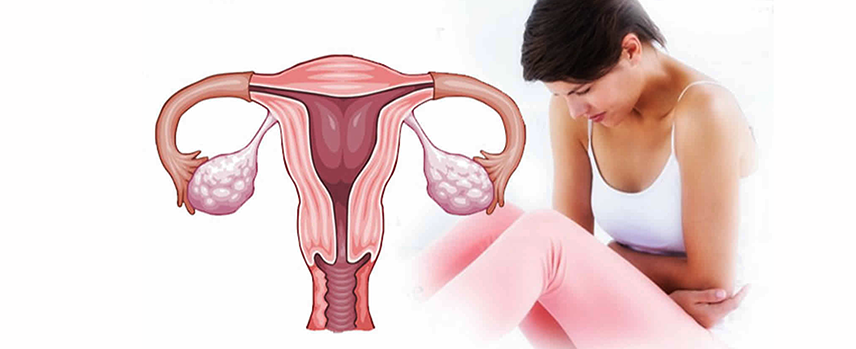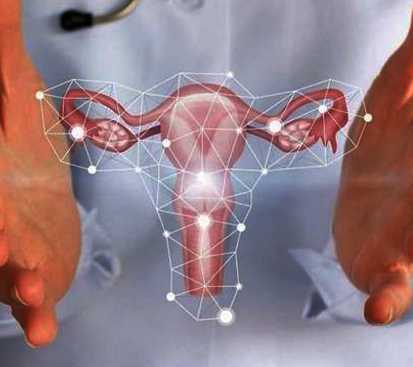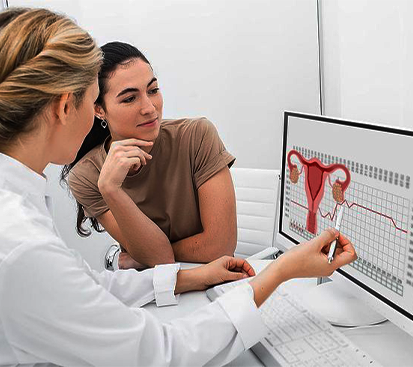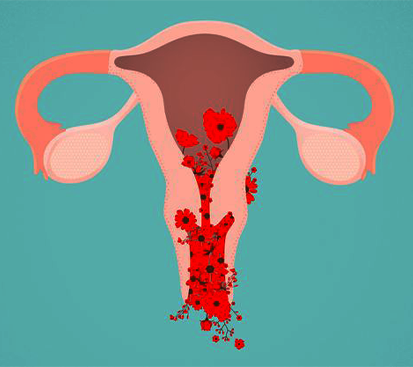
Abnormal Uterine Bleeding (AUB) refers to any unusual bleeding from the uterus that occurs outside a woman's regular menstrual cycle. This condition can manifest as excessive menstrual flow, prolonged periods lasting over a week, or unexpected spotting between cycles. AUB can affect women of all ages and may result from hormonal imbalances, uterine fibroids, polyps, or other medical conditions.
While some instances of AUB are mild and manageable, severe cases can significantly impact a woman's daily routine, causing discomfort and emotional strain. Prolonged or heavy bleeding may lead to fatigue, dizziness, and anemia, further affecting overall well-being. Additionally, untreated AUB may contribute to fertility issues, making early diagnosis and treatment crucial for long-term reproductive health.
At our specialized AUB treatment hospital in Kolathur and AUB clinic in Mogappair, we offer comprehensive diagnosis and customized treatment plans to manage AUB effectively. Our expert team employs advanced diagnostic techniques, including ultrasound, hysteroscopy, and hormonal assessments, to determine the cause of bleeding. By combining medical therapies with minimally invasive surgical solutions, we aim to restore hormonal balance, reduce excessive bleeding, and improve overall quality of life.
Recognizing the symptoms of Abnormal Uterine Bleeding (AUB) is vital for timely diagnosis and appropriate treatment. Symptoms can vary from mild spotting to severe blood loss, making it essential to be aware of these indicators:

Ignoring these symptoms can lead to further complications. At our AUB treatment hospital in Kolathur and AUB clinic in Mogappair, our specialists provide expert care to diagnose and manage these concerns effectively.
Surgical treatment for Abnormal Uterine Bleeding (AUB) is typically considered when medications and non-surgical treatments fail to control symptoms or when the condition causes severe complications. Surgery may be necessary in the following situations:
Our experienced surgeons at our AUB treatment hospital in Kolathur and AUB clinic in Mogappair specialize in minimally invasive procedures such as hysteroscopic surgery, endometrial ablation, myomectomy, and hysterectomy. These techniques ensure faster recovery, reduced discomfort, and effective symptom management.


Effective treatment for Abnormal Uterine Bleeding (AUB) requires accurate diagnosis to identify the underlying cause. At our specialized AUB treatment hospital in Kolathur and AUB clinic in Mogappair, we offer comprehensive diagnostic services and personalized treatment plans.
Our diagnostic process includes the following steps to determine the root cause of AUB:
Our personalized treatment plans are designed based on the cause, severity of symptoms, and the patient's health goals. Treatment options include:
- Medications for Hormonal Balance: Birth control pills, hormonal IUDs, or progesterone therapies can help regulate menstrual cycles and reduce excessive bleeding.
- Non-Steroidal Anti-Inflammatory Drugs (NSAIDs): Medications like ibuprofen can reduce menstrual cramps and limit blood loss.
- Iron Supplements: For patients with anemia, iron supplements help restore red blood cell levels and boost energy.
- Endometrial Ablation: A minimally invasive procedure that removes the uterine lining to control or stop abnormal bleeding, ideal for women who no longer plan to conceive.
- Hysteroscopic Surgery: A targeted procedure to remove fibroids, polyps, or abnormal growths inside the uterus
- Myomectomy: A surgical method to remove fibroids while preserving the uterus, beneficial for women seeking to maintain fertility.
- Hysterectomy: In severe cases where other treatments are ineffective, removing the uterus may be advised to provide lasting relief.
- Lifestyle Modifications: Improving overall health, managing stress, and maintaining a balanced diet can help stabilize hormone levels and reduce AUB symptoms.

At our AUB treatment hospital in Kolathur and AUB clinic in Mogappair, our dedicated specialists prioritize personalized care to ensure effective treatment and improved well-being. Whether through medications, minimally invasive procedures, or surgical solutions, our goal is to provide lasting relief and restore your reproductive health.